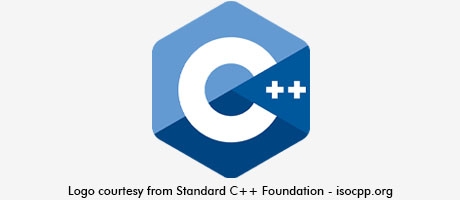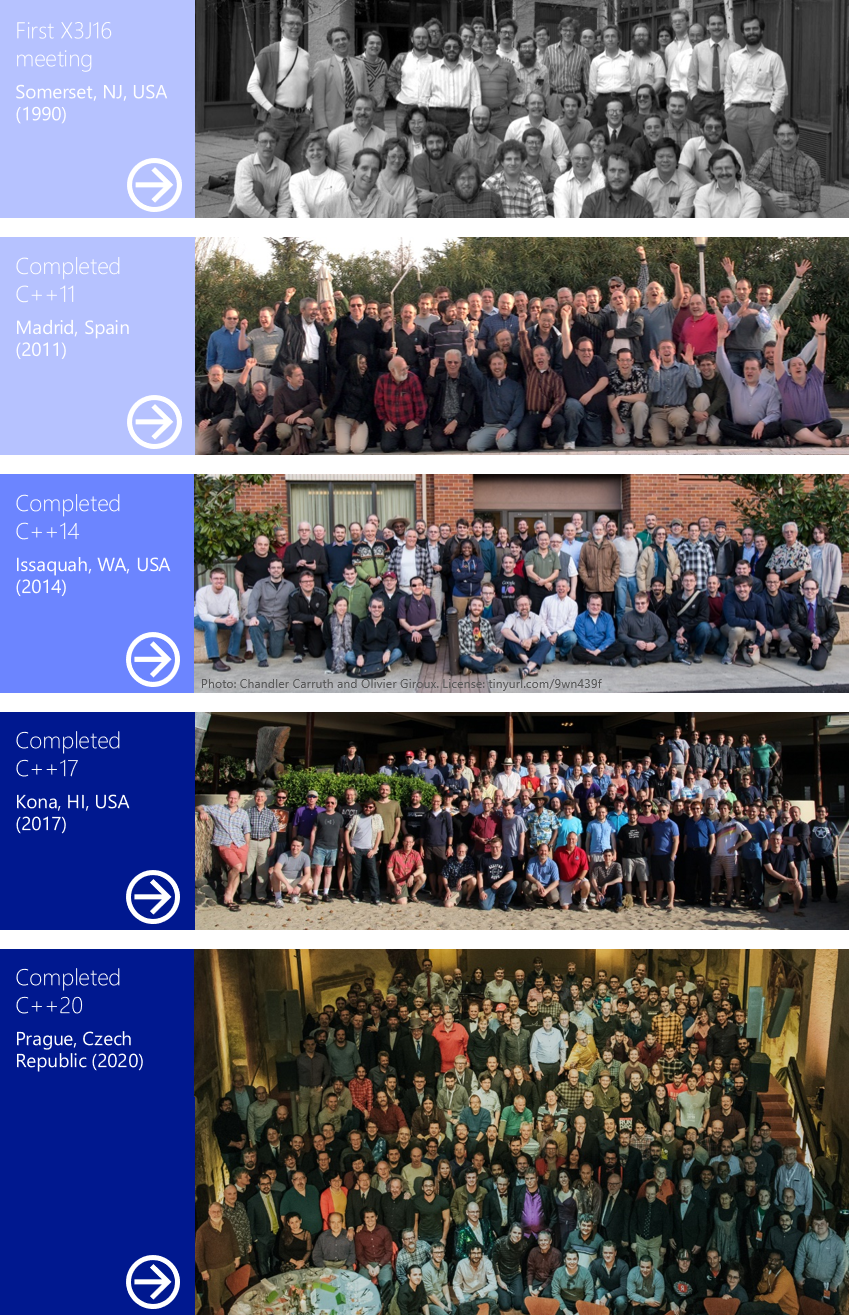A quick primer on type traits in modern C++
Discovering one of the pillars of C++ generic programming.
A quick primer on type traits in modern C++
by Internal Pointers
From the article:
Type traits are a clever technique used in C++ template metaprogramming that gives you the ability to inspect and transform the properties of types.


 Will you attend?
Will you attend?